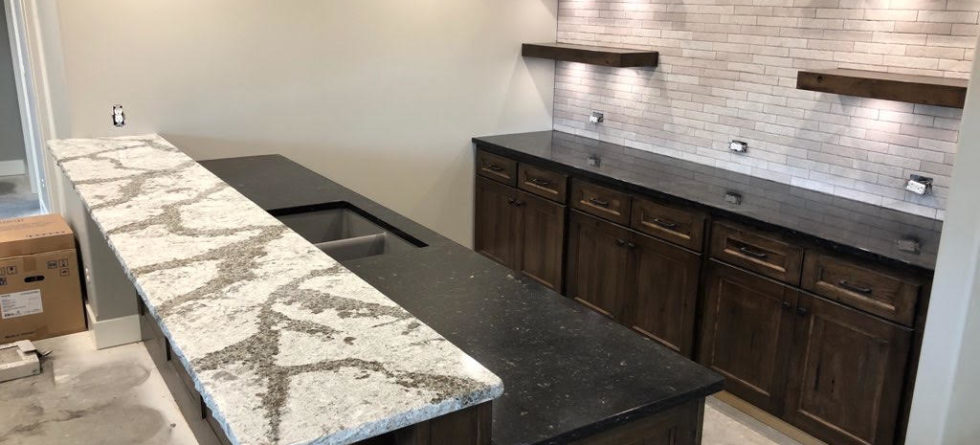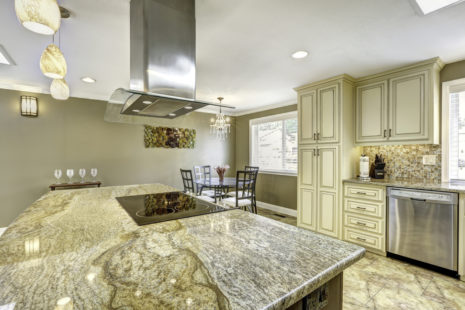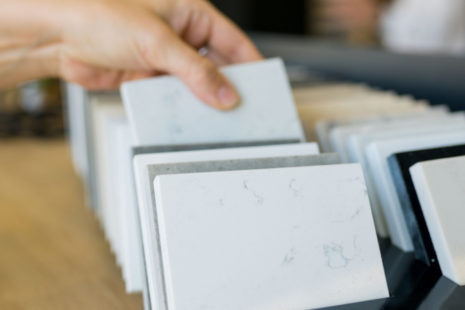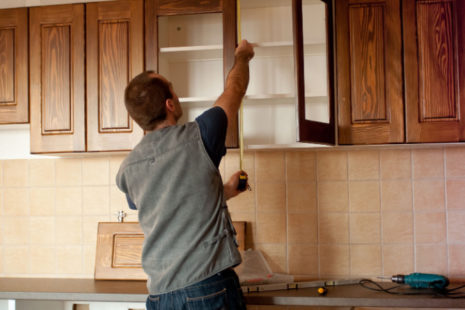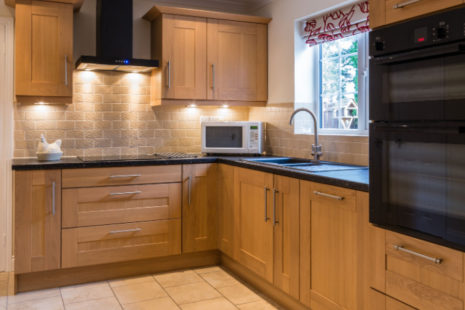When selecting countertops for your kitchen or bathroom, aesthetics, durability, and maintenance requirements are key considerations. While some materials are known for their ease of care, others demand more time and attention to keep them looking their best. Here, we delve into the hardest countertops to maintain and what makes them particularly challenging.
1. Marble Countertops
Marble is synonymous with luxury and elegance, but maintaining its pristine appearance can be a formidable task. This natural stone is highly porous, making it susceptible to stains from spills like wine, juice, or oil. Additionally, marble can easily scratch and etch, especially when it comes into contact with acidic substances such as lemon juice or vinegar. Regular sealing is necessary to help protect the surface, but even with this precaution, marble requires careful handling and frequent cleaning to avoid damage.
2. Soapstone Countertops
Soapstone, known for its smooth, matte finish and natural beauty, also presents maintenance challenges. While it is less porous than marble, it still requires regular oiling to maintain its rich, dark color. Soapstone can scratch relatively easily, and though these scratches can often be sanded out, the process can be time-consuming and requires attention to detail. Over time, the stone also develops a patina, which may or may not be desirable depending on your aesthetic preferences.
3. Granite Countertops
Granite is renowned for its durability and striking appearance, but maintaining it can be demanding. Like marble, granite is porous and prone to staining if not properly sealed. It requires resealing at least once a year to maintain its resistance to stains and spills. Granite can also chip or crack if heavy objects are dropped on it. Furthermore, the surface needs regular cleaning with a pH-balanced cleaner to avoid damaging the sealant or the stone itself.
4. Concrete Countertops
Concrete countertops offer a unique, industrial look but come with high maintenance requirements. These countertops need to be sealed to prevent staining and water damage, and the sealant must be reapplied periodically. Concrete can also develop hairline cracks over time due to natural shrinkage and expansion, which can be difficult to repair. Additionally, concrete surfaces can be prone to etching and staining from acidic or highly pigmented substances.
5. Butcher Block Countertops
Butcher block countertops add warmth and a rustic charm to kitchens, but they are among the most maintenance-intensive options. These wooden countertops require regular oiling to prevent drying out and cracking. They are highly susceptible to scratches, dents, and burns, and although these imperfections can often be sanded out, doing so is labor-intensive. Additionally, wood is more prone to harboring bacteria if not properly cleaned and maintained.
6. Limestone Countertops
Limestone, like marble, is a beautiful but delicate stone. It is highly porous and easily stained by spills, especially acidic substances. Limestone is also softer than many other stones, making it more susceptible to scratches and chips. Regular sealing is essential to help protect the surface, and it needs to be cleaned with a pH-neutral cleaner to avoid damaging the stone.
Conclusion
When choosing a countertop material, it is crucial to consider not only the aesthetic appeal but also the maintenance requirements. Marble, soapstone, granite, concrete, butcher block, and limestone are all beautiful options that can enhance the look of your kitchen or bathroom. However, their maintenance demands can be high, requiring regular sealing, careful cleaning, and ongoing care to keep them looking their best. If low maintenance is a priority for you, it might be worth exploring alternatives like quartz or solid surface materials, which offer durability and ease of care without compromising on style.
